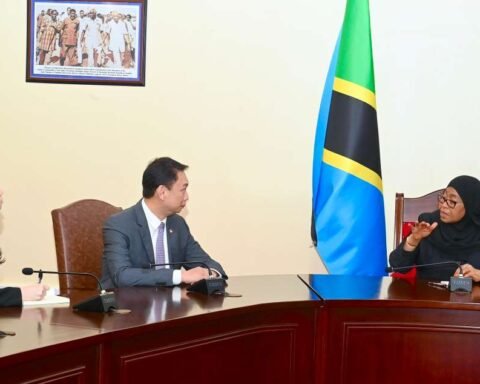The Tanzanian government has unveiled an ambitious plan to overhaul the nation’s agriculture sector, aiming to reverse decades of underperformance that left farmers relying on “divine intervention” rather than structured national support.
Speaking before the National Assembly of Tanzania on May 21, 2025, Minister for Agriculture Hussein Bashe presented the 2025/26 agriculture budget, which outlines critical reforms and increased investments to revitalize the industry.
“Up to the 2020/21 financial year, our agriculture sector was operating largely on faith and the sheer willpower of individual farmers,” said Bashe. “There was little government coordination, minimal investment, and no real recognition of the sector’s role in national development.”
According to the minister, the sixth-phase government under President Samia Suluhu Hassan — who took office in March 2021 — inherited a deeply under-resourced sector plagued by long-standing structural issues. These included:
- Weak agricultural cooperatives
- Poor storage infrastructure
- Delayed shipments at Dar es Salaam Port
- Ongoing dependence on imports of wheat, sugar, and edible oils
Bashe also pointed to limited access to affordable agricultural credit, low participation of women and youth in farming, a shortage of irrigation experts, and insufficient domestic fertilizer production.
Also Read; US-China Trade Talks Signal Possible Reset
“These constraints kept millions of Tanzanians in poverty and made agriculture unattractive and largely informal,” he said. “They also stunted productivity, hindered food security, and limited our capacity for exports.”
To address these challenges, the government has proposed a bold TZS 1.243 trillion ($482 million) budget for the 2025/26 fiscal year, focusing on six key strategic areas aligned with the Tanzania Agriculture Master Plan 2050.
Key Targets in the New Budget Include:
- Expanding irrigated land to 1.2 million hectares
- Establishing regional mechanization centers
- Enhancing access to certified seeds and farm inputs
- Improving post-harvest management
- Investing in value addition and market linkages
- Building research and extension services capacity
Bashe emphasized that agricultural transformation is not just a national priority but a regional imperative, especially as climate shocks and population growth threaten food stability across East Africa.
“We are no longer just talking about food security for Tanzania,” he said. “We are building systems that can feed the region and drive sustainable development.”
As the government moves to implement these reforms, experts say Tanzania could emerge as a key player in the African Continental Free Trade Area (AfCFTA), leveraging its agricultural strength to tap into new export markets.
This renewed focus on agriculture signals a broader shift in Tanzania’s economic strategy — one that recognizes farming not as a survival tool, but as a powerful engine for inclusive growth and prosperity.







